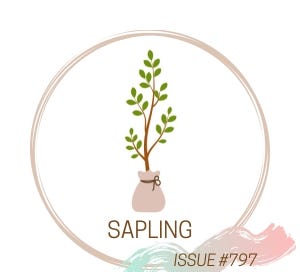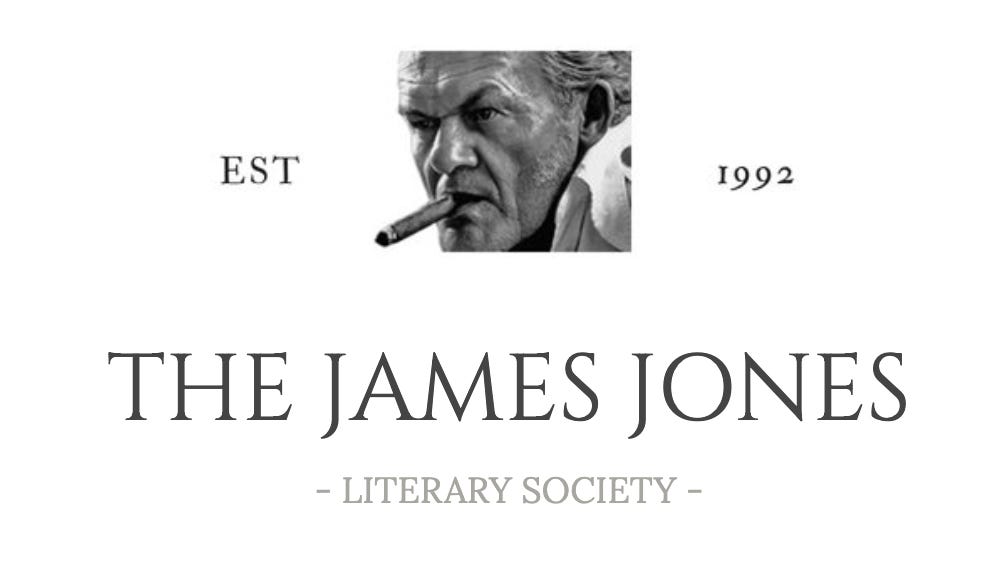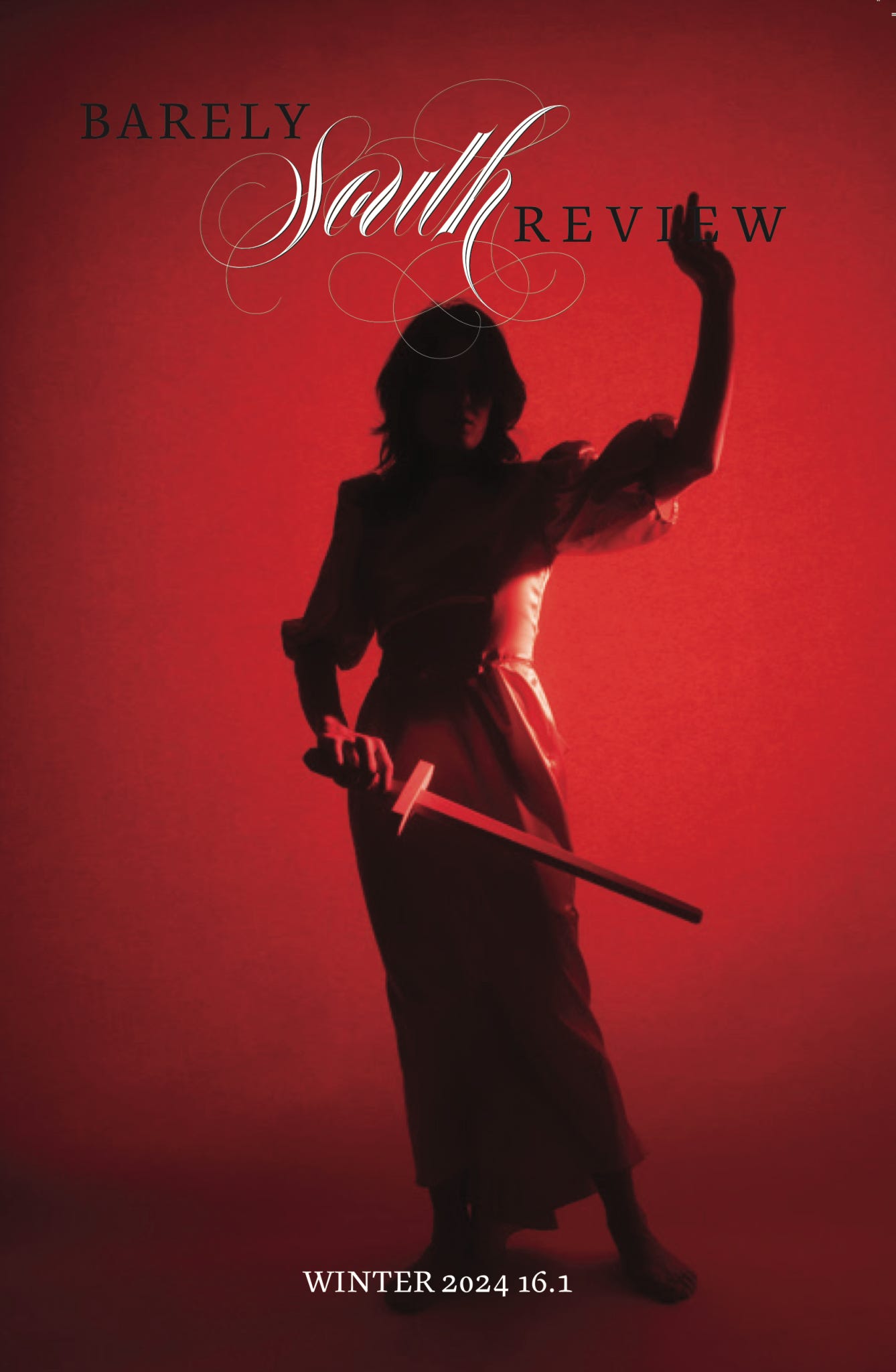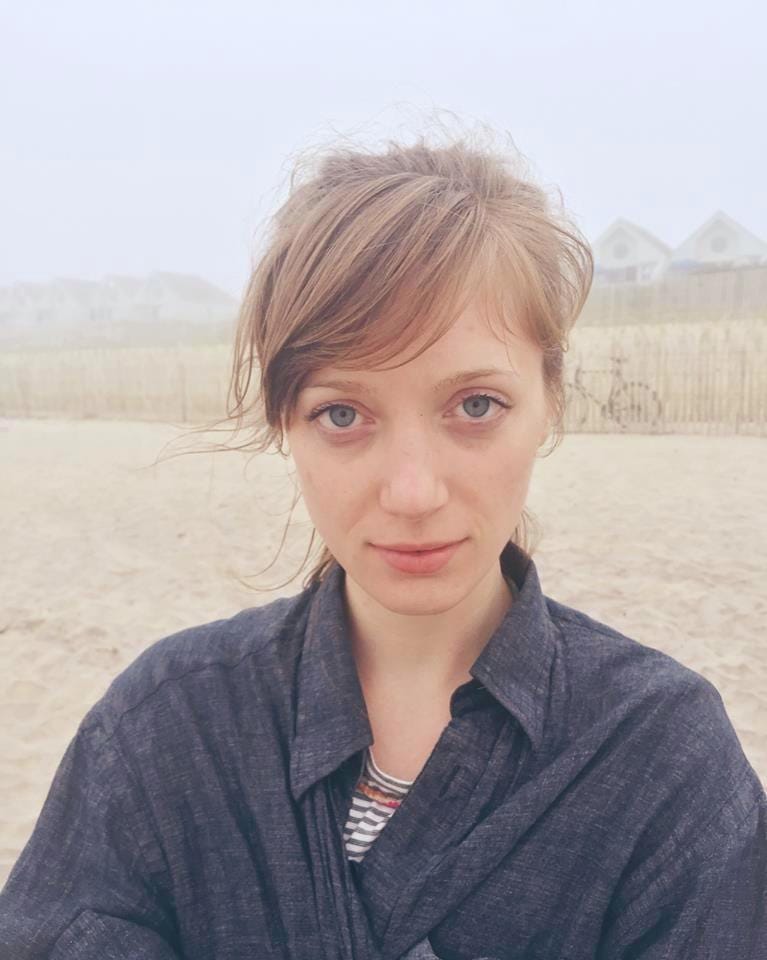Hi writers.
The Oscars may have soaked up most of the awards spotlight over the weekend, but in case you missed it, the longlist for the 2025 International Booker Prize was also announced last week.
And Maris Kreizman asks: As Big Publishing Gets More Corporate, Shouldn’t the Salaries Go Up? In short, yes. (And fun fact: Maris and I were editorial assistants together at that S&S job she references in the first paragraph…I was making $27,500. Sigh!)
Now, here’s what’s happening in the small press world this week.
—Kit
Managing Editor / Sapling editor
Black Lawrence Press
Contest: The James Jones First Novel Fellowship
Genre(s): fiction (first novel-in-progress)
Award: The James Jones First Novel Fellowship, in the amount of $12,000, is awarded annually to an American writer of a novel-in-progress who has not previously published a novel.
Entry Fee: $30 plus a $3 processing fee
Entry Period: Entries are accepted from October 1 of every year until midnight on March 15 of every year. (Deadline: March 15, 2025)
Guidelines: jamesjonesliterarysociety.org/first-novel-fellowship
Journal: Barely South Review
Genre(s): nonfiction, poetry, short fiction, and art
Format: online (biannual)
Website: barelysouthreview.com
Guidelines: barelysouthreview.com/submit
Current reading period: January 15 – March 15, 2025
Small Press: Orison Books
Genre(s): fiction and poetry
Website: orisonbooks.com
Guidelines: orisonbooks.com/post/the-2025-orison-prizes-are-open-for-submissions
The 2025 Orison Prizes are open for submissions from December 1, 2024 – April 1, 2025.
Feature: Sapling’s Five Burning Questions for Emerging Writers: Valerie Werder
This week, Sapling spoke with Valerie Werder, author of the debut novel Thieves, winner of the Fence Modern Prize in Prose (Fence Books, August 8, 2023).
SAPLING: Tell us about the process of getting your first book out in the world. Did you enter both contests and open reading periods? What transpired between sending the manuscript out initially and its acceptance at Fence?
Valerie Werder: I wrote the first draft of Thieves in late 2016. I’d been working as a sales lackey at an Upper East Side gallery for about three years at that point, and I lied to my boss and told her I’d gotten a prestigious residency and would need three months off. In reality, I’d only ever published one short story and had received no such residency, but the lie worked, and I managed to finish the manuscript in two-and-a-half months.
Once I’d finished, though, I had no idea what to do. I began researching small presses, made a list, and submitted wildly: open reading periods, contests, even cold-call emails to editors. I think I sent the manuscript to about 70 places overall. I heard back with rejections from maybe four or five, and got no response from the others. This was obviously discouraging! I gave up on the book, quit my gallery job, and began bartending while applying for PhD programs. I didn’t hear back from Fence with news that I’d won the Modern Prize in Prose until December 2019, when I was finishing up the first semester of my PhD.
SAPLING: What was your experience with the editing of your manuscript after its acceptance? Did you have an opportunity to make revisions, either at your own suggestion or at the suggestion of your editor? How involved were you in the design aspects of the book’s production (cover image, interior design, and so on)?
V.W.: I don’t have any formal creative writing training—I learned to write in the art world, by producing sales texts at a gallery—so the first draft of the manuscript was really wild and chaotic. I’m deeply grateful that Fence exists—I think they may be the only publisher that would have taken on a manuscript like mine! I did multiple rounds of edits with Rebecca Wolff, who was able to see what the manuscript could become in a way I couldn’t. For the first round of edits, Rebecca gave me some general feedback, and I worked with one of my mentors at Harvard, Claire Messud. Then Rebecca and I worked on two or three more rounds of edits.
I was super involved in the cover design. Rebecca and I both wanted something hand-drawn, and an artist friend of hers drew a charcoal version of the title mimicking one of my favorite Ed Ruscha gunpowder drawings. I thought it would be cool for the drawing to look like it was hanging on a gallery wall, and Rebecca created the cover from that idea.
SAPLING: Did you publish any novel excerpts in literary journals or other periodicals before the publication of the finished book? Did this seem like a necessary part of the process for this particular project?
V.W.: Nope! Fence published an excerpt on their website and in the magazine, but this didn’t seem super necessary to me.
SAPLING: In what ways have you been involved in the publicity and promotion of your book? In what ways has the publisher been involved in marketing and publicity efforts?
V.W.: Fence doesn’t have a designated marketing and publicity team, so I ended up doing the bulk of publicity and promotion in collaboration with one of the editors there, Jason Zuzga. Before I left the gallery, I downloaded a huge spreadsheet of all their press contacts, so I had a list of writers and podcasters and venues I could reach out to. When I started outreach, though, I quickly realized that, if I didn’t have a prior relationship with the person, it looked a little too DIY for me to be contacting them personally as the author. So, I invented a fake publicist. I made a Gmail account for “Jason” (borrowing the editor at Fence’s first name, in case anyone got suspicious), who was “Valerie Werder’s publicist.” I sent out thousands of emails as “Jason.” If someone was interested in doing an interview, I would cc in my own email so they could be in touch with “Valerie Werder.” This was absolutely hilarious and exactly my style, but it ended up being a ton of work. After about two months of promoting the book as the dual personage of Jason/Valerie, I used the prize money from Fence to hire Zoe at Pine State Publicity to do another round of publicity corresponding with the audiobook release.
SAPLING: What surprised you about the process of having your book published? Is there anything you wish you’d known beforehand about putting a first book out into the world and/or publishing with a small press?
V.W.: Maybe not surprises, but a few lessons:
1) I wish I’d begun talking to Fence about marketing and publicity so much earlier than I did, and that we’d developed a more robust publicity plan so we weren’t scrambling in the final moments before publication.
2) A lackluster Publisher’s Weekly review turned out to be delightful and useful rather than demoralizing. I hope that the phrase “meaty but frustrating” goes on my gravestone; it went at the top of the press release!
3) The most rewarding engagement was happenstance (how did Thieves end up in Dennis Cooper’s hands and on his blog? I don’t know, but I’m still pinching myself), anonymous (shout-out to the Goodreads user who called the book “a smarter My Year of Rest and Relaxation with more actual art and criticism,” which has been my favorite review so far), or came from friends and beloveds, who helped me organize the book tour and gave me places to stay, introduced me to press contacts, sent me text updates while reading, and just generally showed up for me.
SAPLING: Bonus number six—I’m fascinated by the world of ghostwriting and noted on your website that you’ve done ghostwriting work in the past. Did your background prepare you in any way for the experience of publishing your first full-length work under your own name?
V.W.: Ghostwriting made me a meticulous copyeditor of my own work! I think my experience as a ghostwriter helped me more during the writing process than during the publication process. Because I’d been working so closely with others to mimic their voices, I had long let go of the idea of having my own voice, or of working only when inspiration hit. This made it possible for me to look at the writing process as a job. On the first day of my faux-residency, I simply Googled the word count of some of my favorite novels, calculated that I could reasonably write 1,000 to 1,500 usable words a day (so, 90,000 words in the three months I had), and began writing as if I were writing a text that would be published under someone else’s name. I think that writing a second book, now that I’ve become accustomed to writing as “Valerie Werder,” will be much more difficult.
SAPLING: Valerie, thank you so much for sharing your publishing story. A fictional residency! A fake publicist! Maybe, possibly, fodder for a second novel… I’ll definitely stay tuned.
Valerie Werder is a fiction writer, visual studies scholar, and recovering art worker. She is currently a doctoral candidate in film and visual studies at Harvard University, where she is at work on a dissertation on police bodycam technologies. Her debut novel, Thieves (2023), was winner of the Fence Modern Prize in Prose. She lives in Somerville, Massachusetts with a black cat and hundreds of books.









